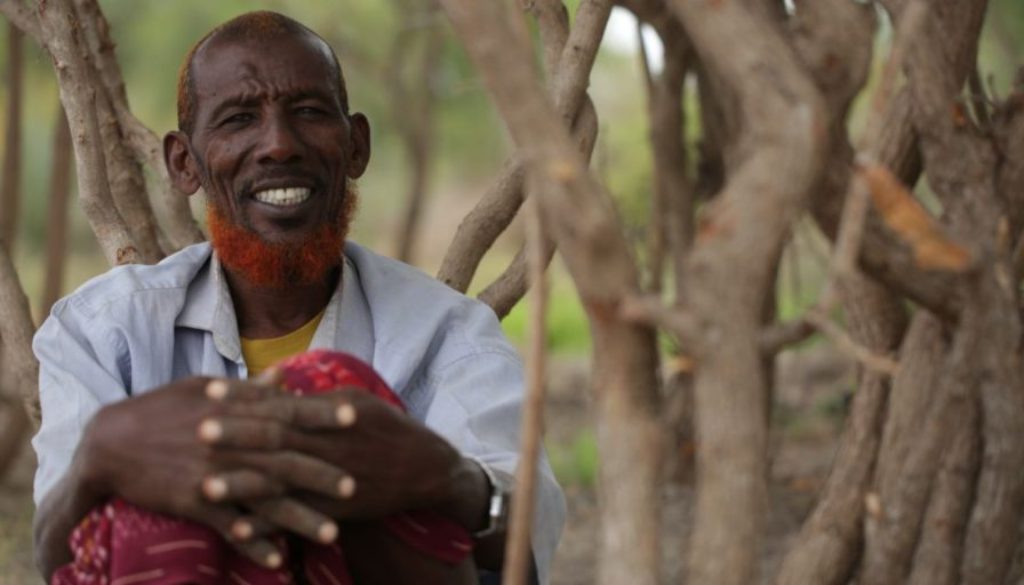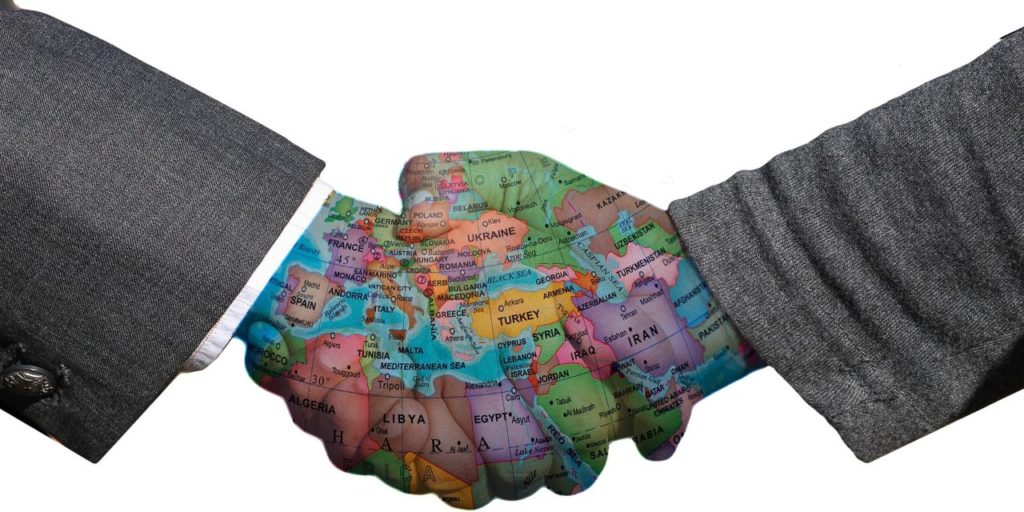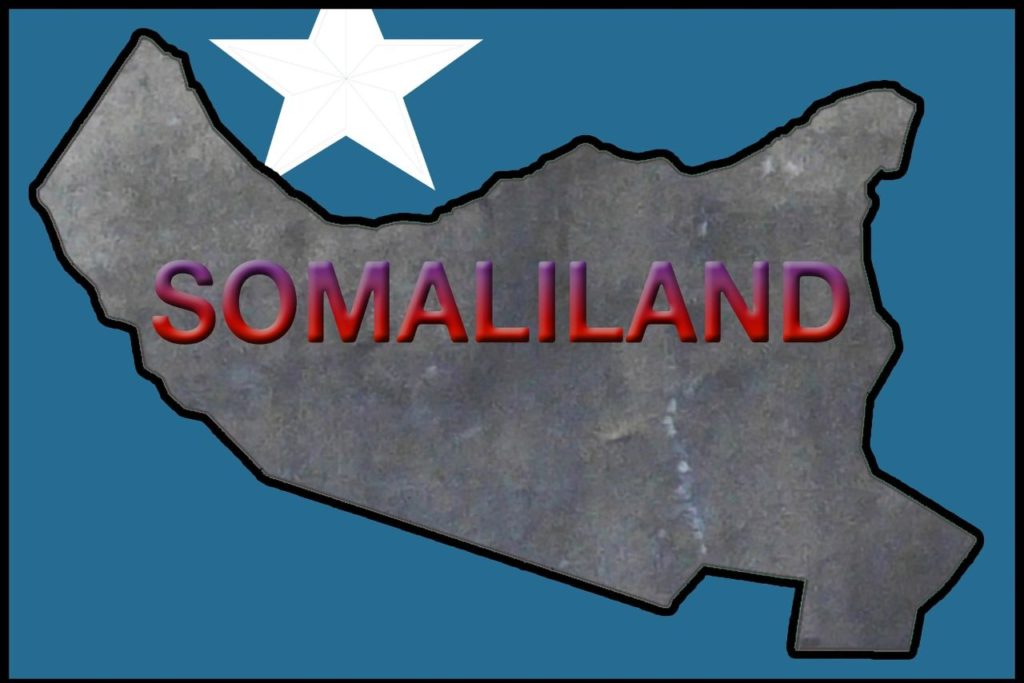The story of Somaliland – A state without recognition

The era of the 1960s, which was the beginning of the end for colonial powers and a new dawn for colonized nations, saw the evolution of many states. However, in some cases, this evolution turned out to be more complicated than expected and has perhaps raised difficult questions that linger until this day. An example of this can be found on the edges of the Horn of Africa, in a country known as Somaliland.
On the 26th June of 1960, a declaration of the new State of Somaliland marked an end to colonial British Somaliland after a strong wave of nationalism and desire for independence. At that time, it was recognized by 35 countries, such as Egypt, France, Ghana, Israel, Libya, China, the UK, the US, and the Soviet Union. A few days later, on the 1st July of 1960, it merged with the once-Italian administered Trust Territory of Somaliland. Together these two former colonized territories created the united Somali Republic. But the fight for the future the Somali had hoped for has not been destined to cease.
In October 1969, following a military coup, Siad Barre became the new head of the state, enforcing an autocratic rule, spreading an official ideology called Scientific Socialism. The dictatorship that lasted until January 1991, resulted in a division of the country. Somaliland declared its independence anew on May, this time not from Britain, but from Somalia. The international community, however, had less comprehension than 30 years ago and the recognition never arrived.

Today, despite its uncertain status, the country begins to solidify its position abroad. This advancement is linked to Berbera, an expanded port that opened in 2018. Given the strategic location of Somaliland which oversees Bab-al-Mandeb, the entry to the Red Sea, the possibilities connected to naval trade lured in foreign investors. The Berbera port itself was financed by a Dubai-based port operator and the UAE was the first foreign country to send a permanent diplomat to Hargeisa, Somaliland´s capital. This evolution of things also irked Ethiopia, which has grown more interested in Somaliland, seeing another option of access to the sea. Others followed, including Kenya, planning to set up a consulate in the capital. Yet, the most extraordinary move was orchestrated by Taiwan, itself recognized by no more than 15 states, which opened an Eastern Africa office in the country. This step was strongly criticized by the People´s Republic of China, but Somaliland dismissed the one-China principle, supporting Taiwan back. Taiwan, or the Republic of China, was a charter member of the UN after WWII, but the communist victory on mainland China in 1949 pushed it to Taiwan, Penghu, Kinmen, and Matsu, dividing China and becoming a delicate question for the Taiwanese nationalists who seek independence and the Chinese Communist Party, insisting on one-China strategy.

Somaliland is a country with huge potential since about 70% of its population is under 30 years old. The problematic status, nevertheless, is an obstacle for international aid, loans, and local businesses, leading to 75%-high unemployment. And even if the situation seems to change little by little, the world is spinning fast and without recognition, Somaliland might lose the chance to catch up.
What is your opinion? Do you stand for the recognition of Somaliland? Let us know in the comments below!
Written by: Sofia Ontkovičová



